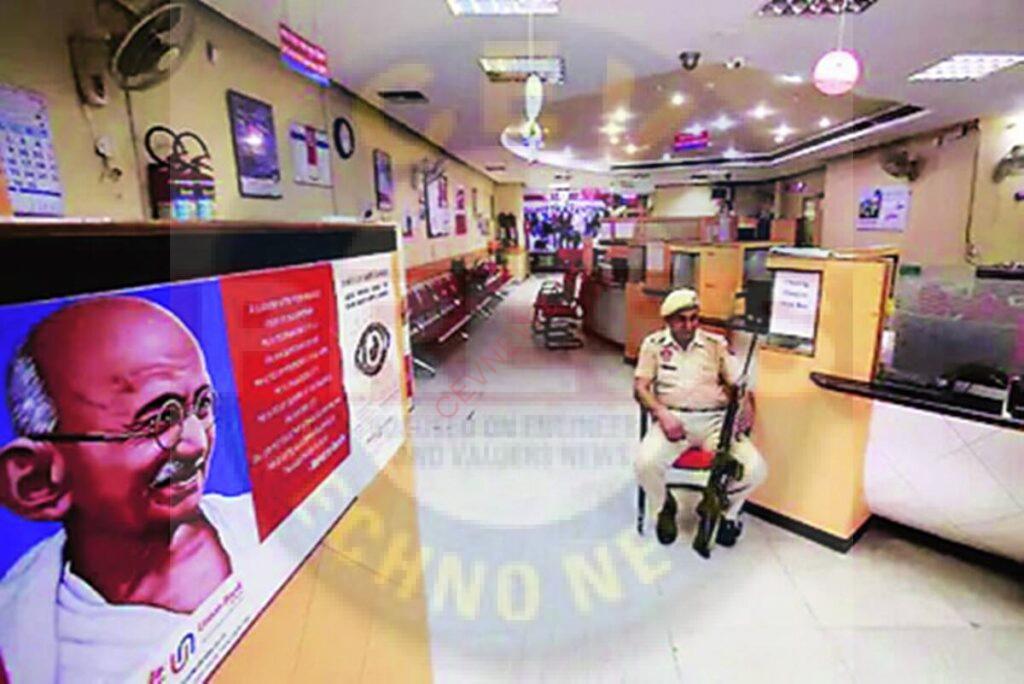
The second wave of surging Covid cases in India could pose a greater risk to banks’ loan growth than to their asset quality, analysts said. The extent and nature of lockdowns across states will impact credit growth for banks and non-banks by about 140-160 basis points (bps), analysts at Emkay Global Financial Services have said. Industry experts expect the Reserve Bank of India’s (RBI) latest round of relief measures to support asset quality.
According to Emkay’s estimates, the severely affected states account for about 48% of retail credit and 56% of overall credit. The self-employed categories will bear much of the brunt of localised lockdowns. “We estimate that within retail assets (~31% of overall credit), the self-employed category accounts for nearly a third – though the impact will largely be restricted to BL (business loan)/LAP (loans against property) and MFI (microfinance) portfolio,” the report said.
Commercial vehicles (CV) loans are likely to hold up well as goods transport remains unrestricted. Most banks continue to stay invested in the secured lending categories, especially mortgages. Shanti Ekambaram, group president – consumer banking, Kotak Mahindra Bank, told analysts last week that home loans will continue to be a big area of focus for the lender. “February and March were our best ever months in LAP, too. This has traditionally been an area where we have done well, both in terms of market share and credit quality and we will continue to consolidate and grow our share,” she said.
Small and medium enterprise (SME) loans face the biggest risk of credit crunch, according to Emkay. The brokerage assumes about 50-70% demand destruction for self-employed focused products and 25% for the salaried class-oriented products during the lockdown.
In the small enterprises and retail segments, experts anticipate a spike in restructuring in the absence of a moratorium like in FY21. India Ratings and Research said in a recent report, “In the wake of these (RBI) measures along with the Emergency Credit Linked Guarantee Scheme (ECLGS), borrowers could tide over temporary liquidity challenges, though slippages in unviable assets could spread over FY22-FY25.”
By end-February 2021, India Ratings estimates banks had sanctioned recasts worth Rs 2.46 lakh crore to beneficiaries. Also, Rs 45,000 crore of advances were restructured by end-March 2021. Non-banks, especially those in the vehicle finance, mid – large ticket LAP and unsecured business loan segments would make substantial use of the new restructuring framework, India Ratings said.
Get live Stock Prices from BSE, NSE, US Market and latest NAV, portfolio of Mutual Funds, Check out latest IPO News, Best Performing IPOs, calculate your tax by Income Tax Calculator, know market’s Top Gainers, Top Losers & Best Equity Funds.

